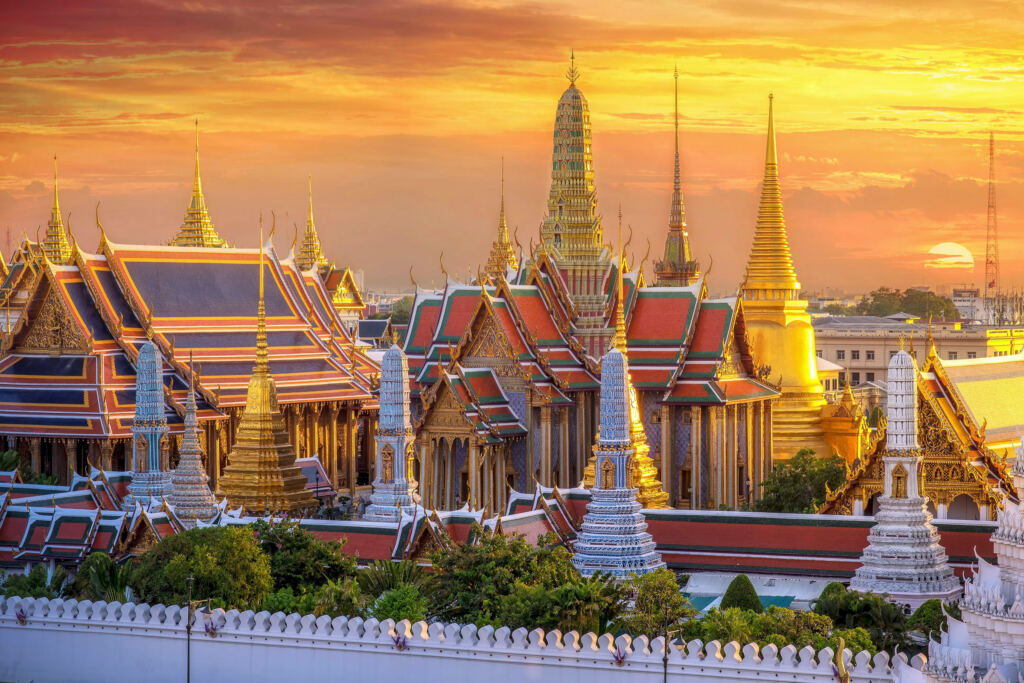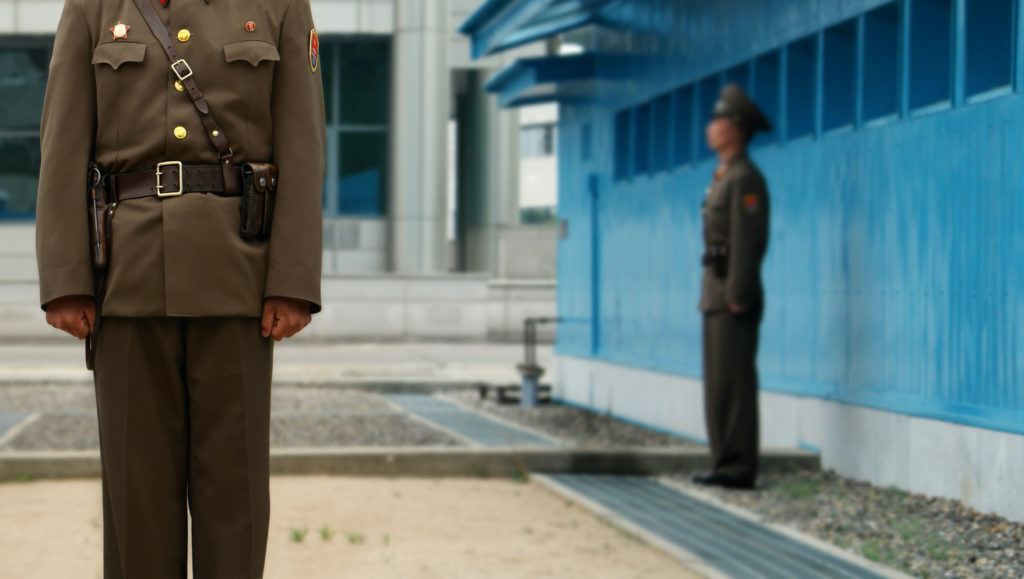A driving force behind many missionary endeavors is to go where the gospel has not yet been proclaimed in an effort to reach the unreached.
Thailand, located in Southeast Asia, is one of these unreached nations, with the majority held in the darkness of spiritism and Buddhism and only 0.76 percent of the population professing evangelical Christianity. For the Thai people to hear the gospel, laborers will need to go, proclaim the gospel, and make disciples. Yet two types of jungles—those in the cities and in rural villages—present unique challenges that must be overcome to reach this nation for Christ.
Bangkok
The Challenge
In the heart of the country lies Thailand’s capital, Bangkok, a concrete jungle home to millions of Thais and not a few other nationalities. Many Thais here are open to new ideas, and it is an ideal place for them to encounter Christianity. There is freedom of religion, along with a number of solid Thai churches, and quite a few missionaries. However, the majority of the Thai population remains unreached.
Much missionary labor tends toward ministering to expats, refugees, and other nationalities found in Bangkok. Opportunities for this type of ministry often occur with ease, as these groups come into Bangkok longing for community, and the church is more than eager (as it should be) to meet this need. This is not a bad thing. We praise the Lord for those who come to faith in Christ through these efforts, and missionaries must be obedient to God if he is specifically calling them to reach people groups other than local Thais. But we cannot ignore the fact that the Thai people in their own country remain largely unreached with the gospel.
Ministry that focuses on people groups besides local Thais is not the only reason they remain unreached, of course. Another obstacle missionaries encounter in Bangkok (and in every part of Thailand) is the language. Thai is simply a difficult language. Mastering it takes years, and every missionary faces discouragement as they sludge through the long road to fluency. It can be tempting to settle for a level that appears to be good enough to get by, or to use English instead, but the missionary who perseveres will see fruit and a tremendous advantage by having mastered the language. For those wanting to reach unreached Thais, it is not enough to step off the plane and be physically present in the city. One must go the extra mile and be present in the lives of Thai people in a meaningful way, which requires mastering the language.
So, while a survey might give a picture of a healthy number of missionaries laboring in the field of Bangkok, zooming in reveals something different: lost Thai souls waiting for someone to preach the gospel to them.
The Way Forward
The missionary who is passionate to reach Thais in the concrete jungle of Bangkok must overcome the pull to minister to other people groups and nationalities in the city. One must be willing to say no to one good thing in order to fulfill a calling to another good thing—reaching the Thai people. This goes hand-in-hand with learning the language. Language is one of the primary tools the missionary needs to carry out the vision and mission of reaching Thais with the gospel.
The Countryside
The Challenge
Leaving the hustle and bustle of Bangkok and traveling northeast to the Isaan region or down to the deep South, one encounters a different type of jungle, complete with snakes, vines, rural villages, and inadequate medical care. Here there is simply a shortage of gospel laborers, especially in the Muslim-majority deep South, where security issues further complicate ministry. Rather than a strong community of missionaries spreading the gospel to every village, there is only a small sprinkling of laborers—but for those willing to serve in this region, there are opportunities for gospel ministry in virtually every sphere of life.
One challenge the missionary faces in these areas is the vast difference in worldviews. While in Bangkok, Thais are more open to and even interested in new ideas and beliefs, out in the countryside, people are much more solidified in their local beliefs, and religion is viewed as a way to help society function well and communities to live in harmony. This creates a vast difference in worldviews which takes time—lots of time—to overcome and clarify. Often missionaries believe they have communicated the gospel, or at least some portion of it, only to find out later that many of the terms they used were completely misunderstood by the hearer or rejected outright. The frustration of feeling like all the seeds are falling along the path can take a toll on the missionary’s spirit.
The Way Forward
Those ministering in regions off the beaten path in Thailand can take heart, knowing that God is working in the hearts of people and that not every seed is being devoured by the birds, as it may seem. The missionary can rise to the challenge by putting energy into building strong, trusting relationships, which are essential in communities like these. Within the context of these long-term relationships, the gospel can be continually shared, explained, and clarified. Missionaries must be patient and willing to take time to explain areas of Christianity that may seem like simple, basic concepts. This builds a solid foundation that will bear fruit in the long run. And of course, mastery of the language is also essential in making this happen.
Conclusion
Taking a deeper look at Thailand reveals a diverse country with a wide range of challenges in presenting the gospel and reaching the unreached—and there are many more challenges beyond those presented in this article. From Bangkok to the uttermost parts of the nation, the Thai people remain largely unreached. This is exactly why we must go. Missionaries who are singled-hearted in reaching Thais wherever they are will find joy in seeing the Holy Spirit work as they carefully proclaim God’s Word to the lost.




